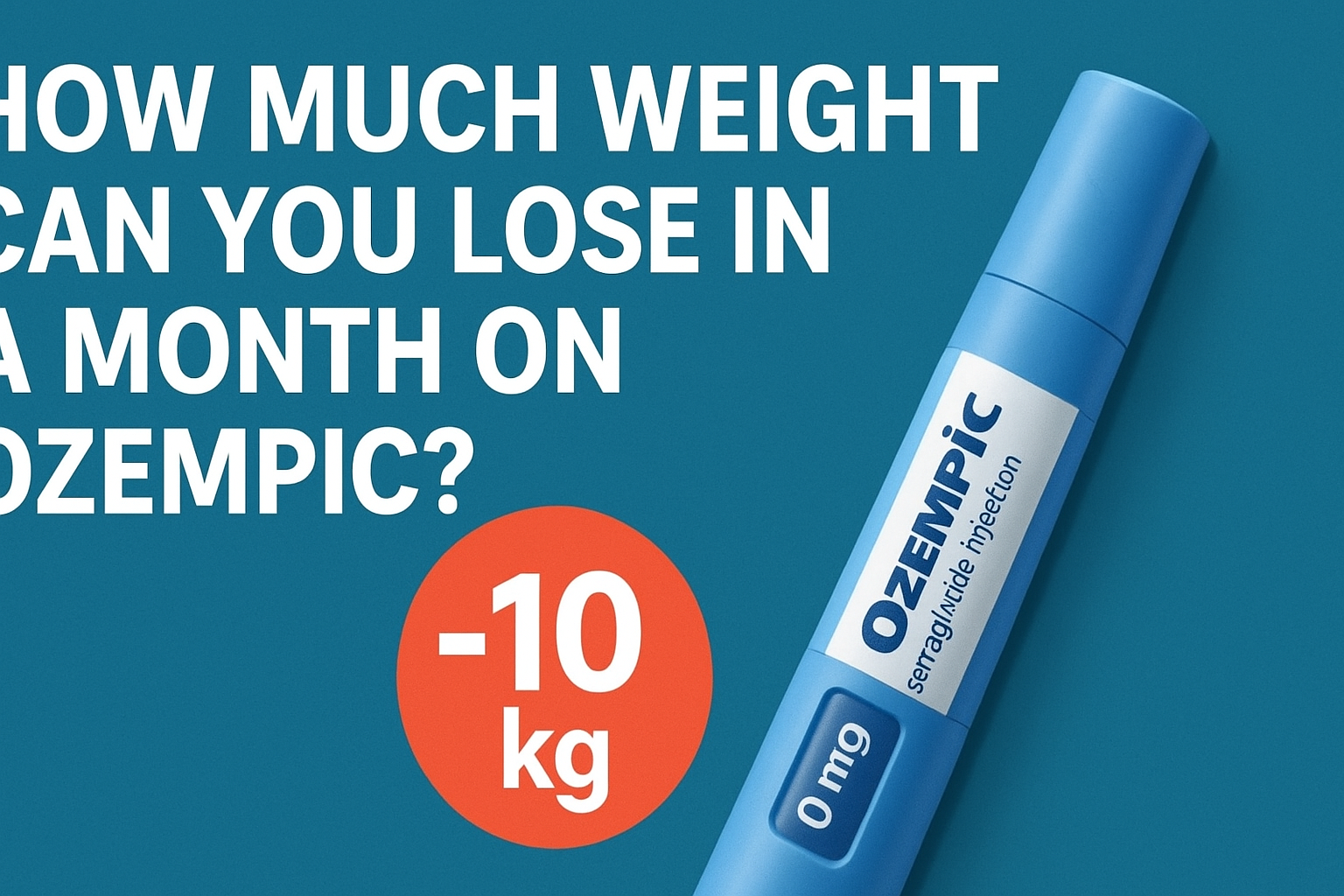💧 Survive Without Water
1. The Human Body’s Dependence on Water
From my own experience studying human biology and working in health and wellness, I’ve seen just how fragile the human body can become without enough water. Our bodies constantly lose fluids through sweat and urination, requiring consistent replenishment. Without it, dehydration sets in fast—leading to fatigue, dizziness, and ultimately organ failure.
2. How Fast Dehydration Can Turn Deadly
It’s not uncommon for someone to go from simply feeling thirsty to experiencing life-threatening symptoms in just a few days. Dehydration progresses quickly and can cause a rapid decline in physical and mental function. What seems like mild tiredness can escalate into a medical emergency if hydration isn’t restored in time.
3. Individual Tolerance Varies
Each person’s body reacts differently to the lack of fluids. Some may survive longer without water due to lower activity levels or cooler environments, while others decline much sooner. I’ve come across case studies where by the third day without fluids, the body begins to shut down—highlighting just how vital hydration is for life.
4. Hydration: A Foundation of Survival
Your age, activity level, and even diet influence how much water your body needs daily. Hydration doesn’t just come from water—it comes from food too. But the bottom line is: without consistent fluid intake, you can’t survive. While the exact time frame may vary, most people won’t last more than a few days without proper hydration.
Survive Without Water : Why the Time Without Water Changes for Everyone

💦 How Long Can You Survive Without Water?
1. The “3-Day Rule” — But It’s Not Always Accurate
As a general rule of thumb, people can survive about 3 days without water. But in reality, this number varies greatly depending on several individual and environmental factors. Things like age, sex, height, weight, and activity level significantly affect how quickly the body loses and needs fluids.
2. What Speeds Up Dehydration?
Certain conditions like fever, diarrhea, vomiting, or intense physical activity increase fluid loss. Even external conditions—such as living in a hot, humid environment—can cause excessive sweating, depleting the body’s hydration faster than normal.
3. Rare Cases of Survival Beyond the Norm
While most scientists agree on the 3-day estimate, there are rare exceptions. I once helped care for an elderly person who was barely eating or drinking, yet survived for several weeks. According to Canadian Virtual Hospice, such situations exist. There are also press reports of people surviving 8 to 21 days, although these are extreme and exceptional cases.
4. Why Hydration Is Life-Critical
The adult human body is made up of 70–75% water, and it’s even higher in infants. Your overall health, diet, and fluid-rich foods like fruits, vegetables, and juices all contribute to hydration. On the flip side, dry foods like bread or grains may worsen dehydration if not balanced with water intake. Maintaining hydration is not just helpful—it’s absolutely essential for survival.
🚱 What Really Happens When You Have No Water
1. Water: The Foundation of Human Life
According to the National Institutes of Health, around two-thirds of the human body is made up of water. For example, a man weighing 70 kg carries approximately 42 liters of water in his body. Water is the main component of vital fluids like blood, sweat, saliva, urine, and joint lubrication, all of which are essential for daily bodily functions.
2. Dehydration’s Immediate Impact on the Body
When the body loses water, it cannot cool itself through sweat, leading to overheating. The brain struggles to maintain hormone production and function, blood volume drops, and blood pressure falls—sometimes causing unconsciousness. Without enough saliva, digestion slows. Waste removal gets delayed, and toxins begin to build up, damaging the kidneys.
3. Systemic Failure from Prolonged Dehydration
Over time, organs start failing. I’ve witnessed cases where dehydration leads to mental confusion, kidney failure, liver shock, and brain swelling. The spinal cord and joints lose their lubrication, and lactic acid builds up in the muscles. These reactions often spiral into electrolyte imbalances, leading eventually to coma or death.
4. The Body’s Warning Signs Are Clear
Thirst is the body’s built-in alarm system. If ignored, the cells shrink, losing function. The kidneys slow urine output to conserve fluids, but this strains them further. Without adequate hydration, every system suffers, making daily water intake absolutely non-negotiable for survival.
How Food Affects Dehydration
Most people know that water is vital, but not everyone realizes that foods also play a role in keeping the body hydrated. While drinking fluids like herbal teas, fruit juices, or broth supports hydration, many foods—especially fruits, berries, and greens—contain a high amount of water that adds to your total intake.
According to the Academy of Nutrition and Dietetics, food consumption makes up around 20% of your daily water intake. I’ve seen how people who eat more vegetables and fruits tend to handle dehydration better, especially in warmer climates where fluids are lost quickly.
However, not all foods are helpful. Dry, salty chips or packaged snacks can actually worsen dehydration. Some drinks—like those with alcohol or caffeine—can dehydrate you faster due to excessive urination. In fact, during hunger strikes, healthcare professionals in a 2022 narrative study recommended 1.5 liters of fluids and 1.5 grams of salt per day to maintain fluid levels and avoid electrolyte imbalances.
While liquids are more essential, consuming water-rich foods helps prevent dehydration, especially when access to clean beverages is limited. I always advise keeping an eye on what you’re eating and drinking—it really makes a difference if you’re trying to live even a few months longer without food but with water.
Hidden Dangers of Dry Days

I once went hiking in the desert and underestimated just how fast dehydration can hit. Symptoms can show up quickly, and when the body starts to lose too much water, it sends signals to the brain. These signals trigger a response the person will definitely notice—dry mouth, strong thirst, and sometimes even dizziness or a headache.
Some people are already familiar with these minor warnings. But if you don’t start drinking soon, things can go downhill fast. A study from BMC Public Health notes that 60% of your body weight is water, and losing just 3% of that through water loss can lead to serious trouble.
If those early signs are ignored, your body will try to conserve water. You’ll urinate less, and your kidneys will slow down. Then come the more notable changes—sluggishness, lack of energy, and mental fog. I’ve seen someone suffer confusion, and even heatstroke in heat so intense that it caused cramps and stiff joints.
Sometimes the joints stop working properly altogether. Worse still, temperature can rise unregulated, and even swelling in the brain may follow. If the blood pressure takes a sharp dip, it could cause seizures, shock, or leave someone completely unresponsive. To stay healthy, drink regularly. Your cells rely on this. When your body rapidly shrinks its water supply. Those cells start to shrink too—and that’s when the real danger leaves no room for delay.




